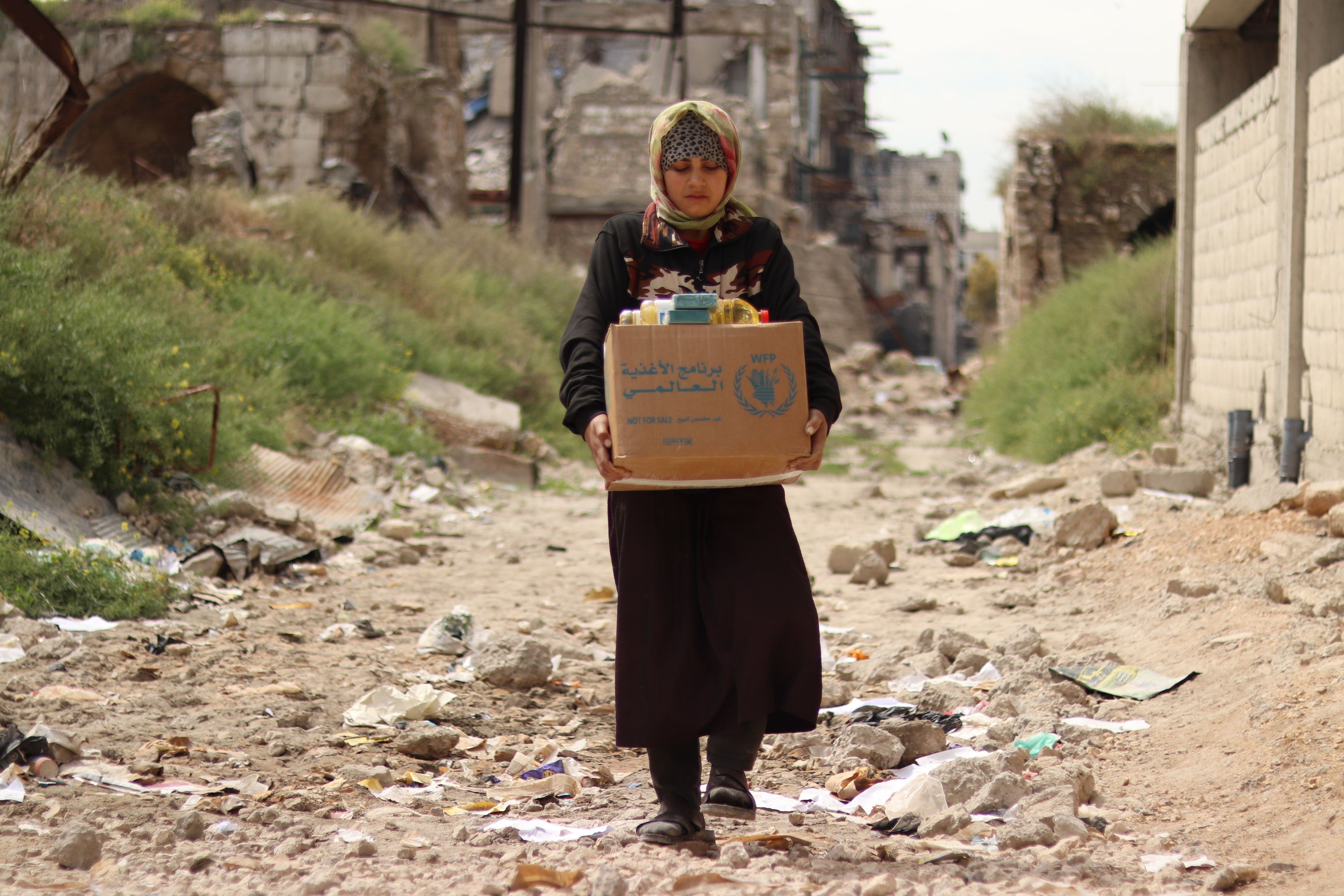Cultivating peace
Next week, the Nobel Peace Prize will be awarded to the World Food Programme, for its effort to combat hunger and prevent the use of hunger as a weapon of war. A timely prize in a year where hunger is a growing problem due to the corona crisis. But this is not the first time the Norwegian Nobel Committee points out the connection between food security and peace: Fifty years ago, the Nobel Peace Prize was awarded to the agricultural scientist and plant pathologist Norman Borlaug. He received the prize for his contribution to increasing food supply worldwide though the Green Revolution. This label, first used as the title of a book written by Borlaug in 1968, describes the development of new, high-yield strains of grain for better crops.
For peace and life
In the 1940’s and 50’s, Norman Borlaug worked in Mexico on a research program seeking to enhance Mexico’s self-sufficiency in grain production. He developed a robust wheat strain, “dwarf wheat”, adapted to Mexico’s conditions. By 1956, the country was producing enough wheat to feed its entire population. In the 1960’s, Borlaug introduced dwarf wheat strains to India and Pakistan, leading to a dramatic rise in wheat production. When he was awarded the Nobel Peace Prize a few years later, it was “for having given a well-founded hope, an alternative of peace and of life – the green revolution”. In his Nobel lecture, Norman Borlaug also pointed out the connection between just societies and food security:
"Almost certainly, however, the first essential component of social justice is adequate food for all mankind. Food is the moral right of all who are born into this world."
The Nobel Peace Prizes to Norman Borlaug and to the World Food Programme are part of a long tradition of awarding humanitarian work and in accordance with the purpose expressed by Alfred Nobel in his last will, to promote “fraternity among nations”.
In the announcement of the Nobel Peace Prize 2020 to the World Food Programme, the Norwegian Nobel Committee describes the link between hunger and armed conflict as a vicious circle:
"War and conflict can cause food insecurity and hunger, just as hunger and food insecurity can cause latent conflicts to flare up and trigger the use of violence. We will never achieve the goal of zero hunger unless we also put an end to war and armed conflict."
Share:
